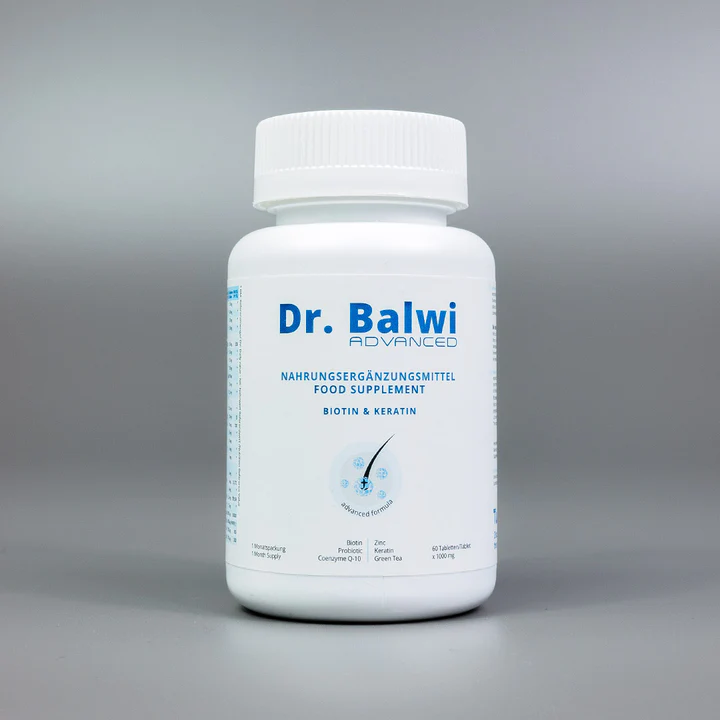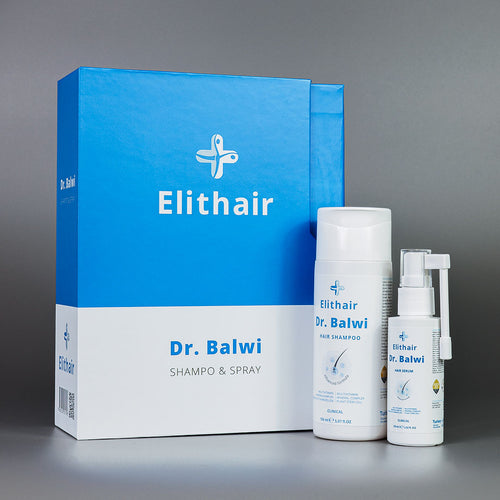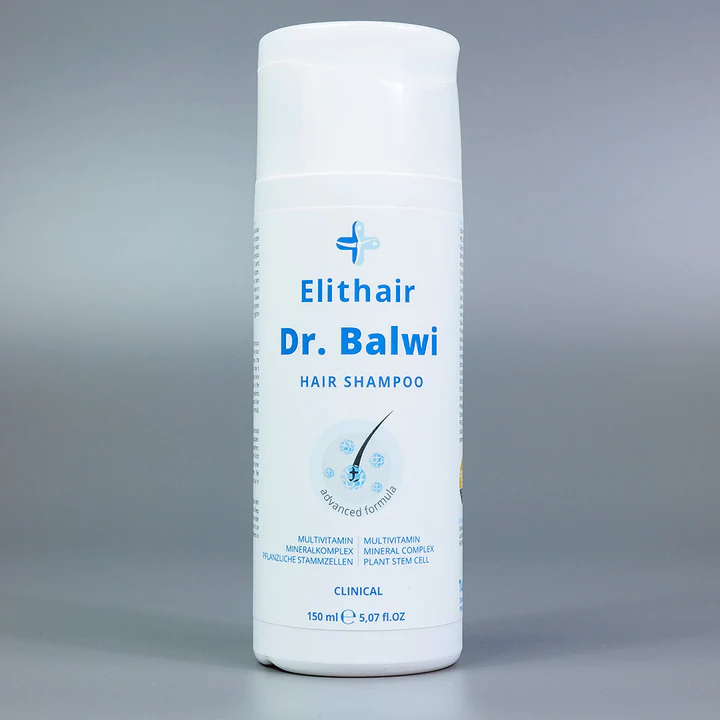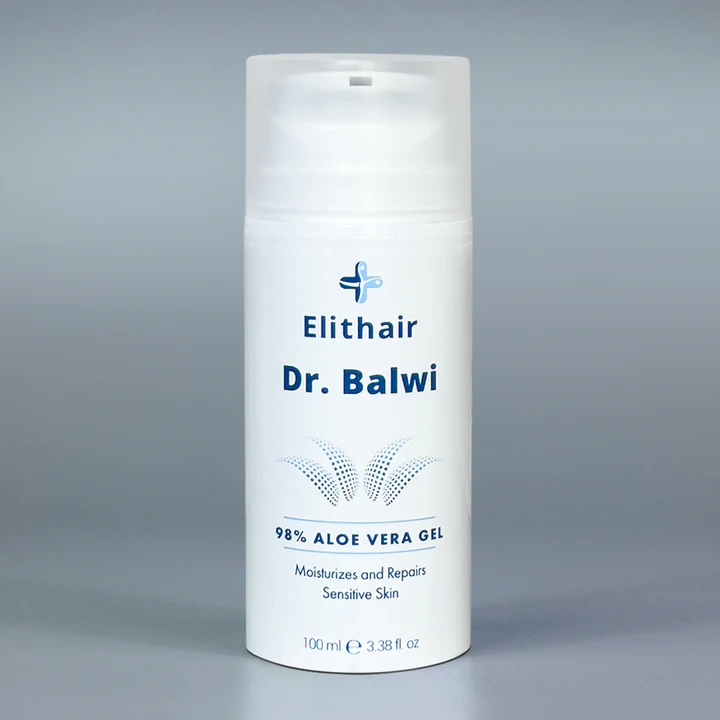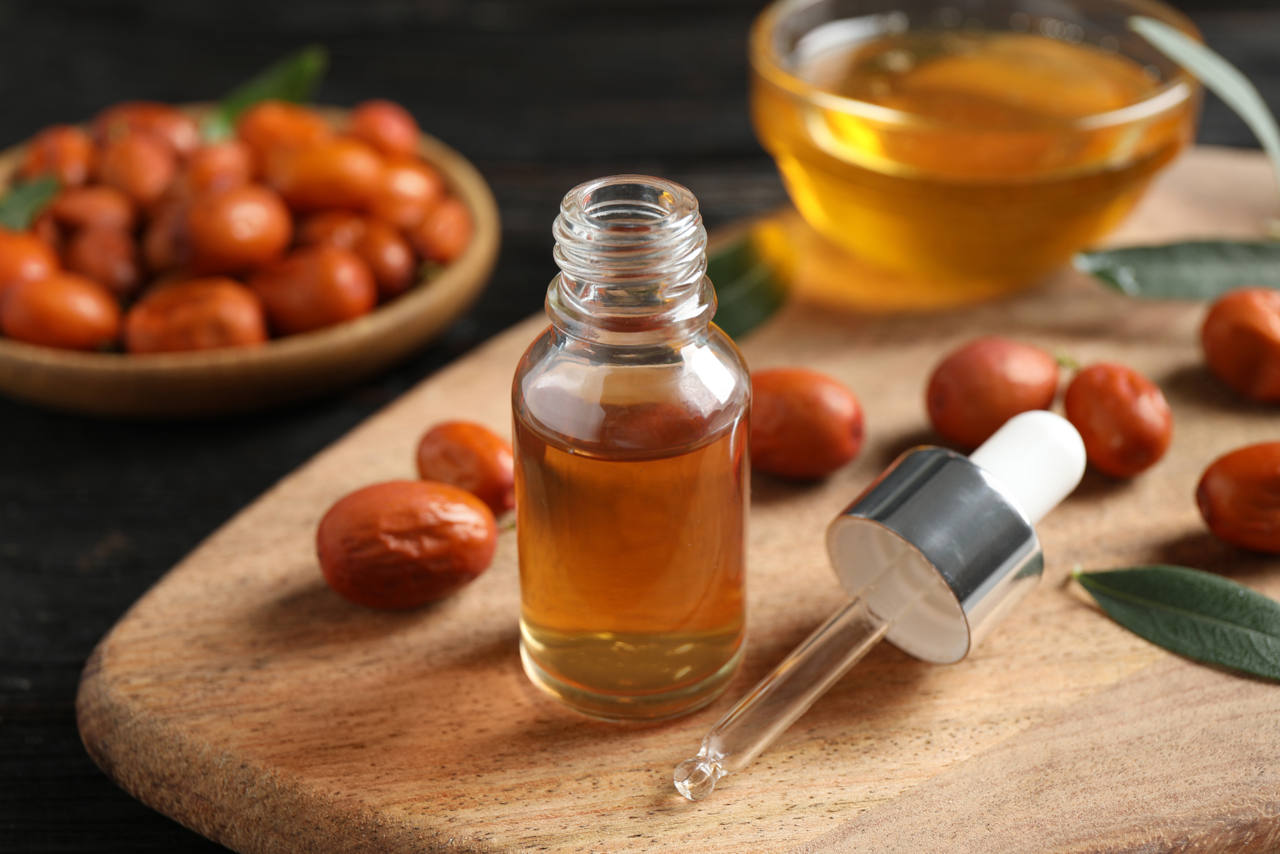
Jojoba Oil for Hair: Why Should I Use It?
Oils are a very popular ingredient in cosmetic products. They are easy to use, provide an instant visual boost and contain heaps of vitamins and minerals. Each has its own properties and can benefit skin, hair and general health.
One of these such oils is jojoba oil. The dark liquid can considerably improve the state of your scalp and hair. Read on to find out about its composition, benefits and uses.
Summary
- Jojoba Oil: What Are its Origins and Properties?
- Benefits of Jojoba Oil for Hair
- How Can I Use Jojoba Oil on my Hair?
- Jojoba vs Argan vs Coconut Oil
- Conclusion
Jojoba Oil: What Are its Origins and Properties?
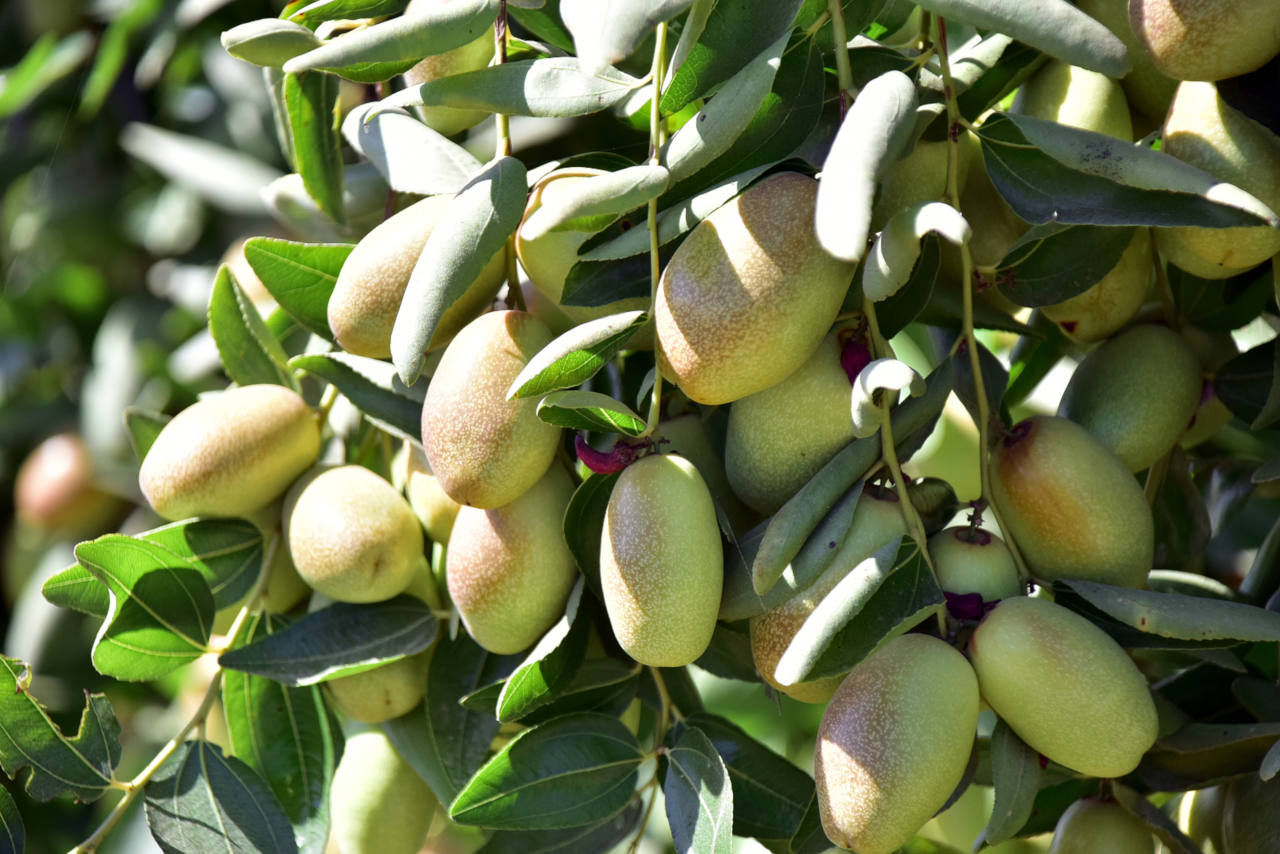
Jojoba oil is extracted from the seeds of an evergreen shrub that grows in the southern part of North America. It has been used by Native Americans as a paste from jojoba beans for wound healing, appetite suppression and other medicinal and cosmetic purposes.
Jojoba oil is a great base (or carrier oil) and is often used in cosmetic items to carry active elements and enhance their delivery.
Technically, this fluid is not an oil but a wax, which is liquid at room temperature. Due to its low saturated fat content, jojoba oil has a much longer shelf life and is more resistant to high temperatures than other natural oils. It is also easily absorbed and well-tolerated by the skin.
Benefits of Jojoba Oil for Hair
The reason why jojoba oil has become such a well-loved product in beauty and care is its extraordinary chemical resemblance to human sebum. Sebum is fatty lubricant substance secreted by the sebaceous glands. It protects hair and skin and keeps them moisturised.
Some cosmetic and natural oils, e.g. coconut, can clog pores but jojoba oil is noncomedogenic and therefore is not one of them. In fact, it can cleanse pores and hair follicles and exfoliate dead skin cells. For this reason, it is also often used as an acne treatment or for other skin and scalp problems.
Why you should be using jojoba oil:
- Safe to use: the oil is hypoallergenic and non-toxic
- Rich with active elements: jojoba oil contains a high amount of vitamins and minerals such as vitamin B, E and A, chromium, zinc and copper
- Prevents hair loss: by treating scalp disorders and nourishing the hair shaft preventing breakage and splitting
- Antibacterial and antifungal: if you suffer from bacterial infection of the scalp, it can be an effective remedy, especially if mixed with a few drops of tea tree oil.
- Fights dandruff and inflammation: due to stearic acid in its composition, jojoba oil can cleanse the hair follicles and the scalp from dirt and grease, thus preventing dandruff formation and relieving itchiness.
- Potent antioxidant: jojoba oil protects the cells from oxidative stress caused by free radicals
- Delays ageing and grey hair: jojoba improves collagen production and maintains pigment colour
- Smooths out the hair shaft: the oil is particularly great for frizzy, coarse and curly hair
- Prevents hygral fatigue: Applying jojoba oil can help against over moisturising and reduce the damage from frequent shampooing.
How Can I Use Jojoba Oil on my Hair?
Frequent washing can strip a coat of sebum off your scalp and hair. Thus, they become dry and more susceptible to damage. Jojoba oil acts as synthetic sebum and inhibits moisture loss. All hair types can benefit from it. Here is how you can use jojoba oil for hair:
- As a pre-shampoo routine
This creates a thin coat that will protect your strands during washing, especially if you use a shampoo with deep-cleansing agents or other ingredients that can be harsh to the hair. - Before styling
This will add some shine to your hair without weighing it down. It will also tame your hair and make the styling process easier. - Add to conditioner
This is the simplest way to reap the benefits of jojoba oil for hair and keep your strands hydrated. You will need just about 5-10 drops of the oil (depending on your hair type) per 100 ml of conditioner. - As a mask
Certain oil-based hair masks are often used for dry hair to lock in moisture. Jojoba oil is capable of sealing moisture in the hair shaft for up to 24 hours. - As an anti-dandruff and scalp psoriasis treatment
You can make use of jojoba oil for hair if you suffer from dandruff, psoriasis, and some other scalp disorders. Massage a small amount of the oil into the scalp for a few minutes and leave it to work for about half an hour before shampooing. You can also mix in a few drops of tea tree oil for better results.
Have you tried Dr. Balwi’s hair care products?
Thanks to a unique combination of ingredients your hair receives the essential nutrients that nourish the roots and hair, and prevent their loss. Our shampoos and sprays are highly concentrated with biotin, collagen and natural extracts (green tea, red ginseng). In addition unlike ordinary hair care products, ours tackle the problem at the root by cleansing the follicles and strengthening the shaft. Because a stronger and vitalised scalp produces more resistant and, of course, silkier hair!
Jojoba vs. Argan vs. Coconut Oil
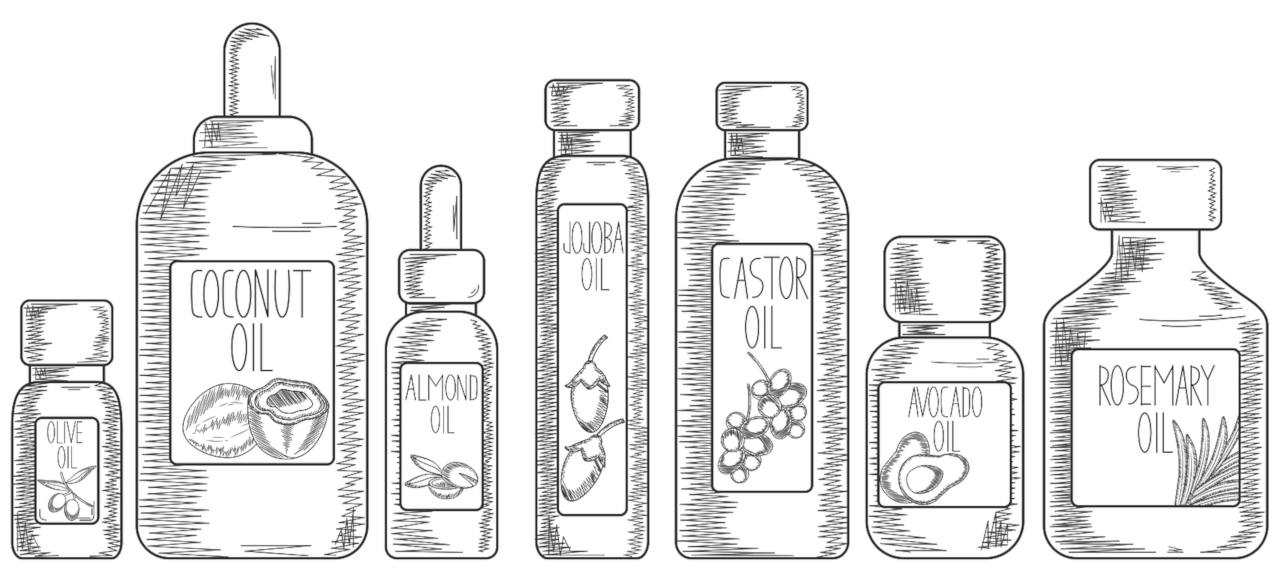
These 3 oils are probably the most commonly used in cosmetics, especially in hair care. But which one is best? This will depend on what you want to achieve by using oils and what kind of hair/skin type you have. First of all, it is safe and even recommended to mix them, e.g. in a hair mask. All of them are beneficial for dry and frizzy hair to allow for moisturised and sleek hair to be created and maintained.
If your hair is greasy or tends to get dirty quickly, then jojoba oil is the best choice. For antibacterial properties and treating scalp issues, choose coconut or jojoba. To nourish damaged, coloured, and brittle strands, opt for argan or coconut oil. All three oils can tackle various problems, so you should try them out yourself and see which one works best for you.
Conclusion
Using jojoba oil for hair can also be a good addition to your hair loss treatment as it is rich in vitamins and minerals to nourish the strands. However, it does not directly promote the production of new strands. To have noticeable improvements, you will need to follow other measures too, e.g. take hair supplements and use products that aid its growth which can be found in our shop.
Do you have any questions or are you trying to find more information about hair loss issues? Then feel free to to contact our friendly team who will answer all your queries. Furthermore, they can also offer a free and non-binding hair analysis. So don’t hesitate if you want to benefit from Dr. Balwi and Elithair’s expertise for a successful and affordable hair transplant in Turkey!
